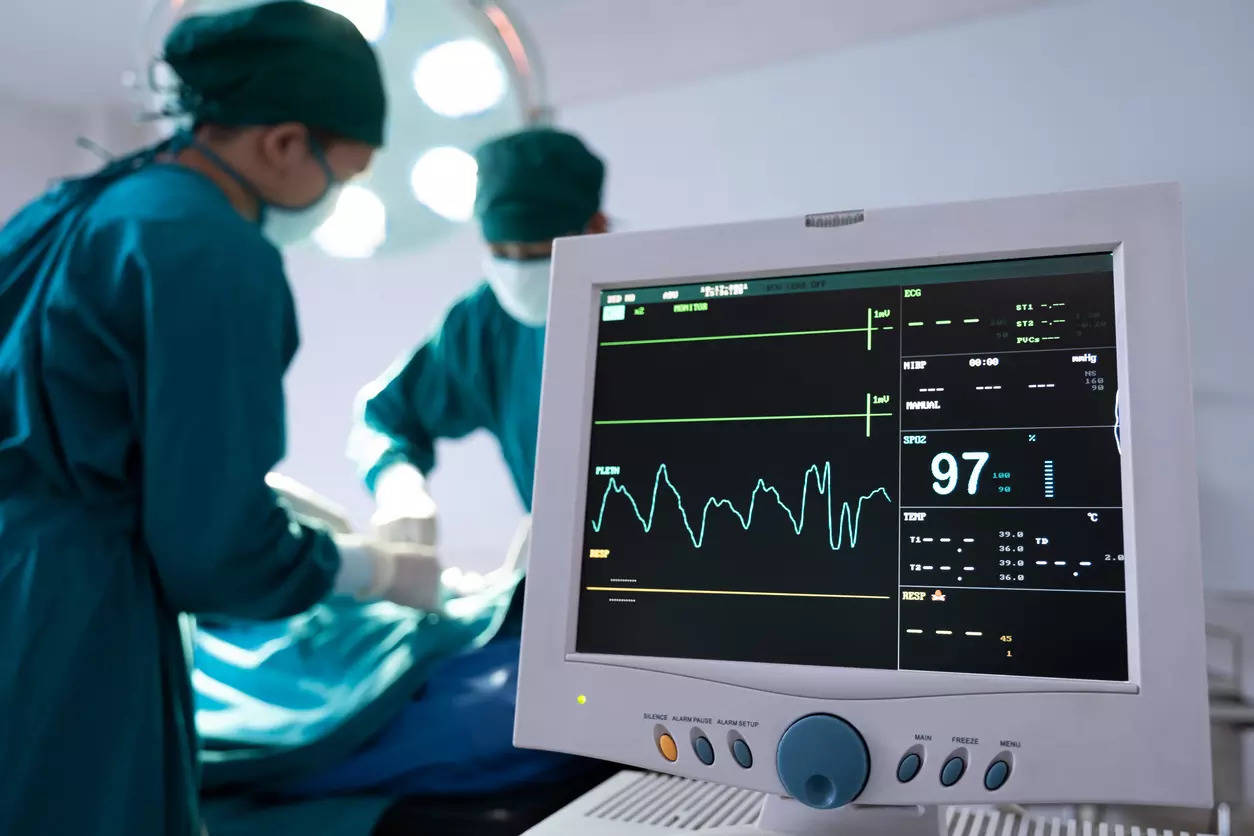
In a groundbreaking development for cancer treatment, Massachusetts Institute of Technology (MIT) spinoff Leuko has pioneered a device that promises to transform how doctors monitor cancer patients undergoing chemotherapy. Founded by a team of MIT researchers, Leuko’s innovation offers a non-invasive alternative to traditional blood tests, potentially revolutionising patient care.
Chemotherapy, while effective in combating cancer, often suppresses patients’ immune systems, specifically targeting white blood cells (WBCs). This suppression can lead to neutropenia, a critical condition where WBC counts plummet, leaving patients vulnerable to life-threatening infections. Traditionally, monitoring these levels required frequent blood tests, posing discomfort and inconvenience to patients.
However, Leuko’s device utilises cutting-edge technology to provide a solution. By leveraging light to penetrate the skin at the top of a patient’s fingernail, coupled with artificial intelligence algorithms, the device can accurately detect WBC levels without invasive procedures. This breakthrough not only enhances patient comfort but also enables doctors to remotely monitor critical health indicators, identifying infections promptly and potentially preventing complications.
Carlos Castro-Gonzalez, CEO and co-founder of Leuko and former MIT postdoctorate, highlighted the device’s potential to revolutionise cancer treatment strategies. “Some of the physicians that we have talked to are very excited because they think future versions of our product could be used to personalise the dose of chemotherapy given to each patient,” he explained.
“If a patient is not becoming neutropenic, that could be a sign that you could increase the dose. Then every treatment could be based on how each patient is individually reacting,” he added.
The journey of Leuko’s technology began in 2015 at MIT, where researchers initially conceptualised the idea. After years of development and a successful small-scale study in 2019 involving 44 patients, Leuko demonstrated the device’s ability to detect WBC drops accurately with minimal false positives. Subsequently, the company has been collaborating closely with the US Food and Drug Administration (FDA) to conduct rigorous studies validating its accuracy and ease of use.
Looking ahead, Leuko anticipates commencing a pivotal study later this year, a crucial step toward FDA approval. This milestone would not only validate the device’s reliability but also pave the way for broader adoption in clinical settings, potentially transforming cancer care protocols worldwide.
(with IANS inputs)
ALSO READ: Exercise in evening hours improves glucose regulation, finds study









